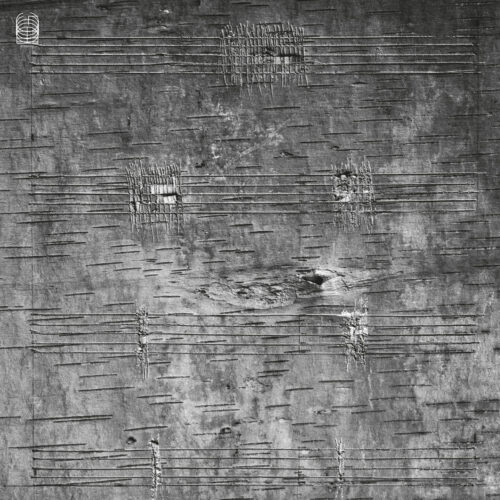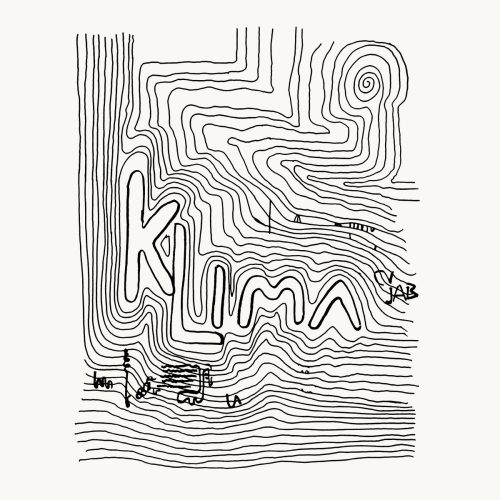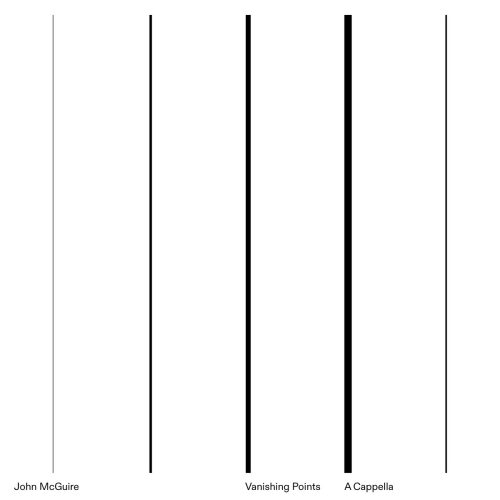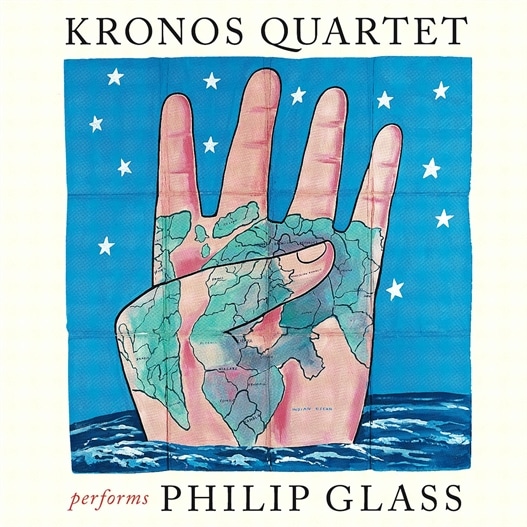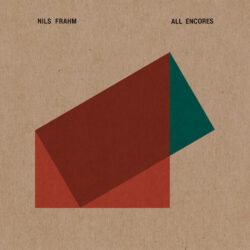Onimikìg
Label: Ideologic Organ
Genre: Experimental
$29.99
Availability: In stock
Timothy Archambault’s unaccompanied flute pieces for this album have been inspired by Indigenous brontomancy (divination by thunder).
Each piece highlights a different extended flute technique metaphorically related to types of thunder sounds: claps, peals, rolls, rumbles, inversions, and CG (cloud-to-ground).
The Indigenous flute used in this recording is made of cedar respective to the traditional woods used by the Kichesipirini and other tribes who live along the Ottawa & Saint Lawrence Rivers. To the Algonquin the flute (Pibigwan) is the wind maker or essence of the wind. Unlike other tribal nations whom the majority used the flute as a courting instrument, the Algonquin generally utilized the flute for more contemplative singular usage to mimic the sounds of nature or as a signaling device during times of conflict. When love songs were required, they were usually more plaintive in character expressing sadness, loneliness, or concerning the departure of a lover.
The album intro begins with the shaking of a necklace of otter penis bone, fish spine, bear claw, elk teeth and deer hide, gifted from Algonquin Elder Ajawajawesi. It is meant to focus the listener’s attention before the flute pieces begin. The warble or multi-phonic oscillation prevalent in all the pieces traditionally represented the “throat rattling” vocalization of the tonic note, sometimes known as the horizon of which the melody floats from. Due to the repetition of multi-phonic oscillation the performer will breathe erratically creating an altered state correlating with similar traditional ceremonial practices.
An important document of new music meets contemporary musicological research via Stephen O’Malley of SUNN O)))’s Ideologic Organ.

